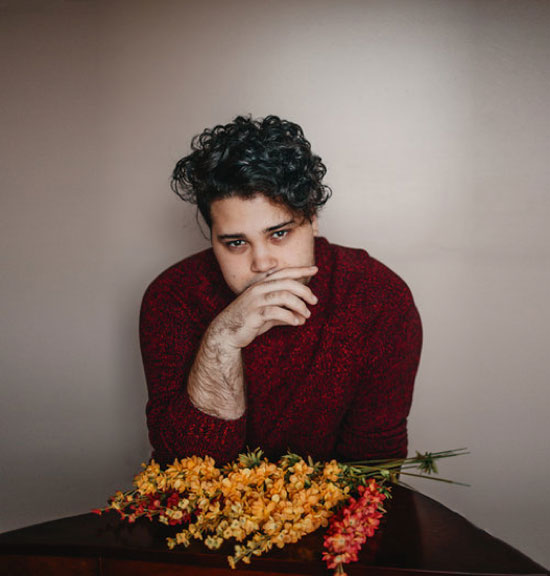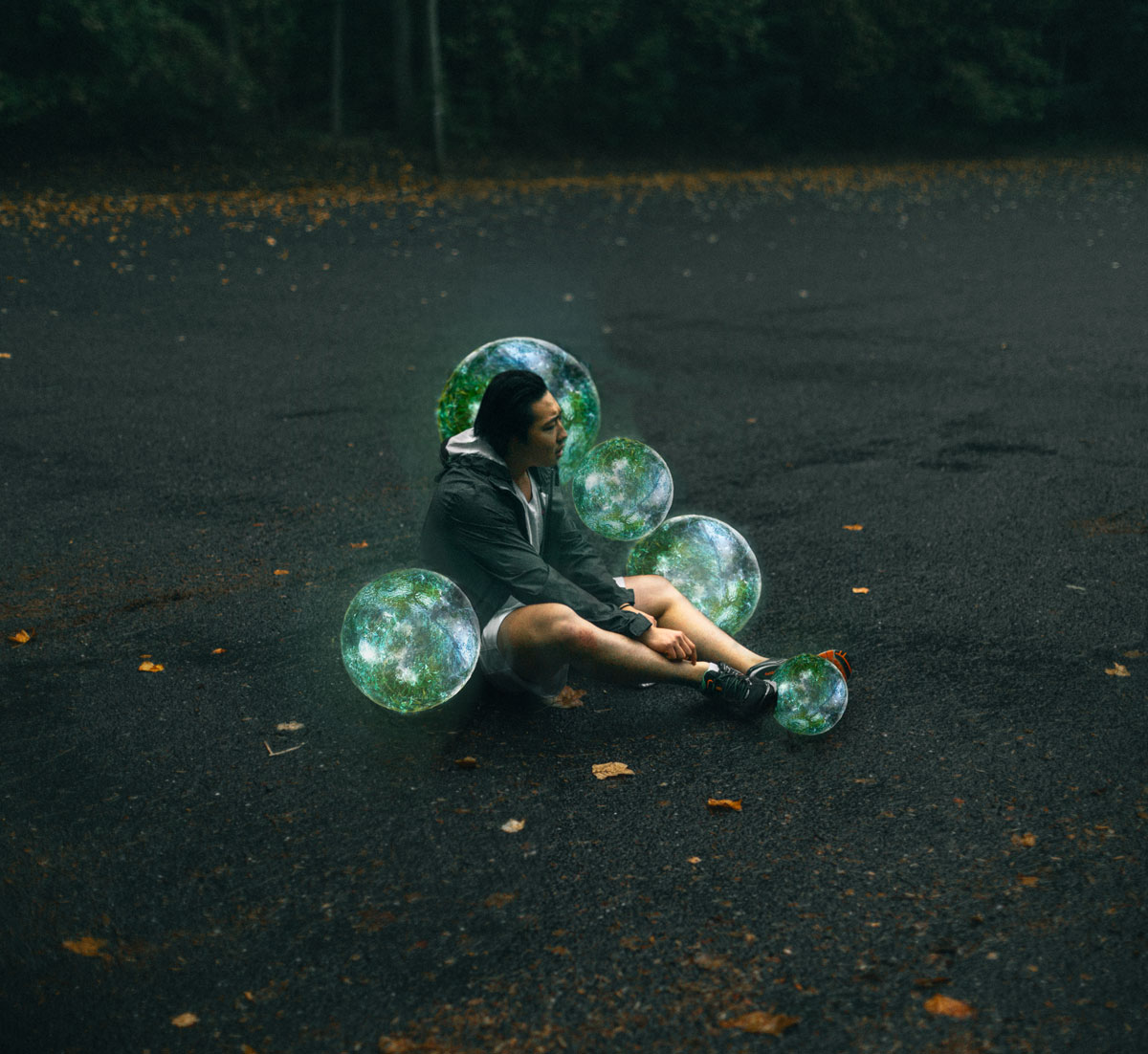
Your Stories
Ricardo shares his story of depression and sexual assault. "After the sexual assault I found myself battling post traumatic stress and depression."

Ricardo shares his story of depression and sexual assault. "After the sexual assault I found myself battling post traumatic stress and depression."
"After the sexual assault I found myself battling post traumatic stress and depression."
About Ricardo: 
I’m Ricardo Bouyett and I’m a filmmaker, writer, photographer, and advocate for survivors of sexual violence. You can see more of my work and find out more about me at www.ricardobouyett.com. Be sure to follow my instagram to keep up with my current projects: @ricardobouyett.
I’m a visual artist and writer and I dedicate myself to making work that critiques rape culture in America. By using my own experiences with sexual violence, I create visual pieces that challenge viewers to think critically about consent and how everyone is affected by issues of men’s violence. In 2016, I created a body of work called “Oh, Bouy” that closely follows my recovery from being raped. After the sexual assault I found myself battling post traumatic stress and depression and tried feverishly to find a healthy balance in my life. The work was a therapeutic practice that explored different moments of my recovery from the good parts to the ugliest parts.
(the above image is one of two submitted by Ricardo, titled “My Forgiveness Comes In Flowers Savoring Color,” 2016)
I think I’ve been making some really great milestones but I still find myself having suicidal thoughts. While making Oh, Bouy was a huge step for me, I still have flashbacks and nightmares and I can’t trust men as easily as I used to. But I don’t blame myself anymore and I don’t harm myself anymore, which is always a good thing.
With the help of one of my friends I started making plans to attend therapy and the more artwork I make and release the better I feel. I’m currently in the middle of my turning point, it feels like, with the way my current film and photo work has been turning out. I’m excited for what’s next.
I would tell them to find professional help if they want to, if they feel that they’re ready for it. I would want them to know that it’s okay to be vulnerable, emotional, and that what they’re going through doesn’t discredit them as men. If you’re in a group of friends where you don’t feel empowered to share how you’re feeling or what you’re going through do yourself a favor and find a new group of friends. It’s scary, it’s hard, and it’s not going to be easy. But putting yourself out there and simply engaging with one person whether it’s via phone, online, or in person, is crucial into getting your mind outside of that fog.
I think ultimately I would tell them to not make the people in their lives (who love them, who try to understand and try to help them) out to be the enemy when they’re only trying to help. I’ve found in a few cases that people expects others to already know how to navigate certain situations and I think that it’s unfair. People won’t know how to help or know that you need help if you don’t communicate it. I’ve been there. It’s scary and it feels like people won’t care but you deserve to be heard and should give yourself the opportunity to receive the help, love, and encouragement you need. Whether it’s from others or from yourself.
 (the second of two images by Ricardo, titled “The Weight of 50 Men,” 2016)
(the second of two images by Ricardo, titled “The Weight of 50 Men,” 2016)
– Ricardo Bouyett, filmmaker, writer, photographer, and advocate for survivors of sexual violence, based out of Chicago, Illinois, USA. ![]()